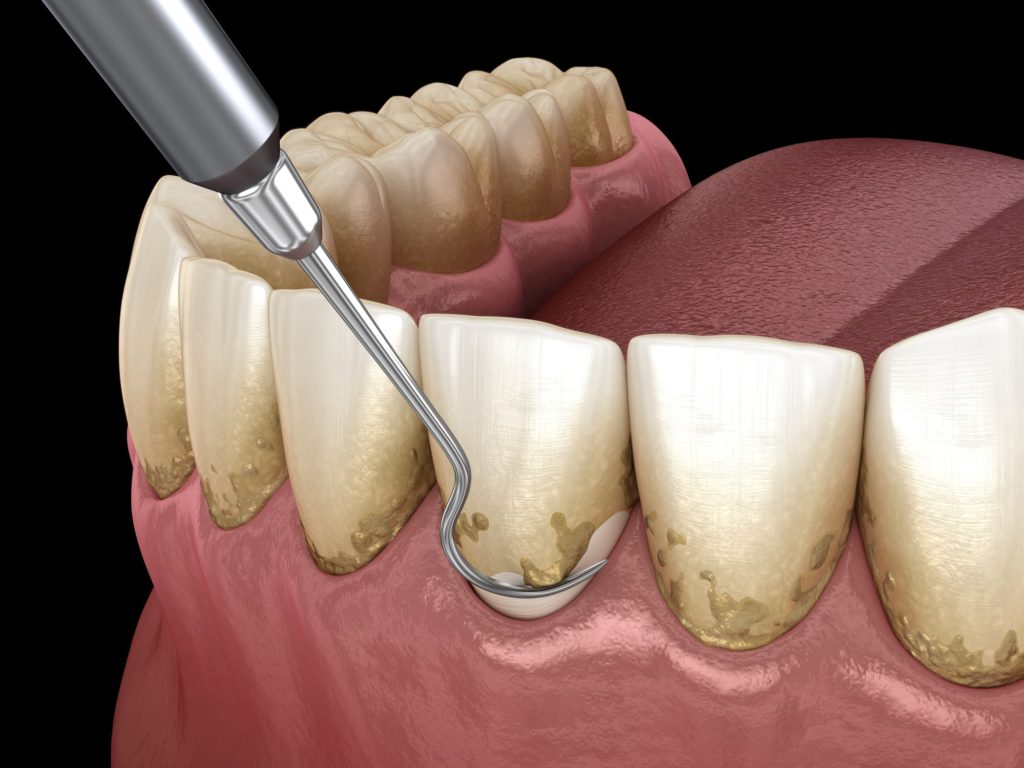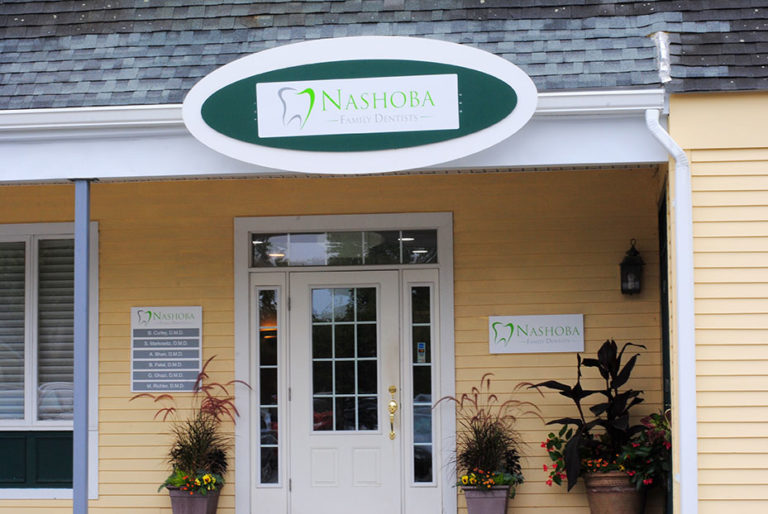Periodontal Disease Treatment (Gum Disease)
We offer comprehensive gum disease treatment options tailored to the specific needs of our patients. Our treatments focus on controlling the infection and restoring the health of your gums, which are essential steps in preventing tooth loss.
What is Periodontal Disease?
Gum disease, also known as periodontal disease, is a common but preventable condition that can significantly affect your oral health. It typically starts with bacterial growth in your mouth and may end with tooth loss due to the destruction of the tissue that surrounds your teeth. Recognizing gum disease symptoms early is crucial to managing and treating the condition effectively.
Symptoms of Gum Disease
Gum disease symptoms can vary from mild to severe and include the following:
- Bleeding gums during and after tooth brushing
- Red, swollen, or tender gums
- Persistent bad breath or bad taste in the mouth
- Receding gums
- Formation of deep pockets between teeth and gums
- Loose or shifting teeth
If you notice any signs of gum disease, including persistent bleeding gums, seek professional gum disease treatment to prevent further complications.

-
What are the non-surgical treatment options?
For cases of mild gum disease (gingivitis), non-surgical treatment methods can be very effective. These include:
- Professional dental cleaning to remove plaque and tartar, which are the primary causes of gum disease.
- Scaling and root planing, which cleans deeply between gums and teeth all the way to the roots.
-
What are the surgical treatment options?
In more advanced cases, surgical treatments may be necessary to restore periodontal health. Our specialized procedures include:
- Flap surgery/pocket reduction surgery, which involves lifting back the gums and removing tartar. The gums are then sutured back so that the tissue fits snugly around the tooth again, reducing the size of space between the gum and tooth, which decreases the areas where harmful bacteria can grow.
- Grafts to replace gum tissue or bone lost to gum disease, which can help prevent tooth loss by strengthening the damaged area.
-
How much does periodontal treatment cost?
If you have periodontal disease, it is crucial that you keep up on your periodontal maintenance to prevent any further damage to your teeth and gums. Our office strives to provide the best care, at the most affordable rates. Out of pocket cost for any procedure depends on your insurance coverage at the time of the procedure.
Periodontal Maintenance: $164
See All Office Fees -
Is gum disease curable?
Gum disease can be cured if it’s caught and treated early enough. In the early stages of gum disease, homecare and visiting your dentist for professional cleanings are critical to identifying and treating any stage of gum disease. You will notice red swollen gums that bleed when you brush or floss as one of the first signs of gum disease.
Ensure you are brushing and flossing two times a day, avoiding tobacco products, and visiting your dentist at least two times a year.
If gum disease has progressed past gingivitis into periodontitis, your dentist may recommend that you have professional cleanings more than twice a year, or you may need scaling and root planing.
-
What is scaling and root planing?
Scaling and root planing is also commonly known as deep cleaning. Your dentist will remove plaque and tartar buildup below the gum line to treat the gum disease. This is necessary if the teeth have started to separate from the gums and pockets in the space between the teeth and gums have formed. Plaque gets trapped in these pockets and cannot be removed with traditional at-home brushing and flossing.
If you are experiencing gum disease and go without treatment, you could have bone and tooth loss—contact our office with any questions or for your gum disease treatment.
What are you waiting for?
At Nashoba Family Dentists, we believe in providing the best dental care at the most affordable prices. Make an appointment, contact our office, or explore all of the dental services we provide using the links below.

